It’s just an aid, not a primary evidence
PUTRAJAYA: While results of polygraph tests are not admissible in court, they can provide a clearer direction to graft investigators, says Tan Sri Azam Baki.
The Malaysian Anti-Corruption Commission (MACC) chief commissioner said that aside from using them to investigate corruption cases, polygraph tests are also done as the final step on those joining the agency to ensure those employed as MACC officers are truthful and do not have integrity issues.
“In fact, we have also received requests from other government departments and even from the private sector to carry out such tests on their prospective employees to check on their integrity.
“While the use of polygraph is not new to the agency, it will now be an integral part of our investigation initiatives,” he told The Star.
ALSO READ : Graft probes can be sped up with lie detector tests
The MACC now has more than 20 trained officers in this field, with at least 10 machines available to conduct polygraph tests.
The commission recently announced that it will begin incorporating polygraph tests in its investigations of corruption cases, aiming to improve efficiency and expedite inquiries.
The MACC said the polygraph tests are 97% accurate.
Azam said that in the course of an investigation, the person being questioned would be offered a polygraph test to back their claims that they did not commit an offence.
“If the result is in the person’s favour, we will re-look at the case, the allegations against the individual and re-examine our evidence.
“But if the person fails the test, it gives us more reason to investigate further,” he explained.
Azam pointed out that those being questioned would not be forced to take a polygraph test but instead be offered to have one taken.
“If a person vehemently denies the accusation, we will offer the test,” he said, adding that many have failed the test.
However, he said not all corruption probes would involve a polygraph test and the need for it would be up to investigators’ discretion.
“If investigators believe the person in question is not being truthful and that the evidence and allegations contradict their claims, then the suspect will be offered to do the test.
“We will use a polygraph test as part of intelligence gathering in the course of an investigation, even if the results cannot be presented in court as evidence,” he said.
Asked if a polygraph test had been used during investigations into major corruption allegations, the chief commissioner acknowledged it had, but declined to reveal the cases.
Criminal defence lawyer Mohd Hezri Shaharil, meanwhile, said there was currently no law prohibiting the use of polygraph tests in court.
However, he said that polygraph tests could only be used as circumstantial evidence to support the primary evidence in a case.
“This is because there is currently no law setting standards for polygraph test evidence either by undergoing certain tests or verification so we can take it as it is, unlike something like a drug test.
“It is entirely up to the courts to decide on the credibility of this evidence and if it can be used on a case-by-case basis.
“The polygraph test report cannot stand on its own and is only used to support existing primary evidence to help persuade the court,” he said.


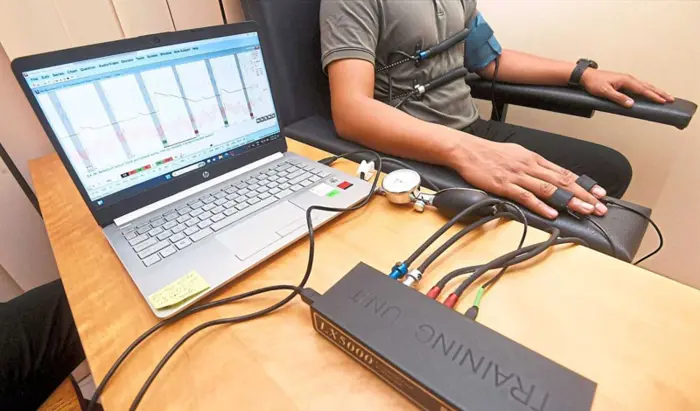


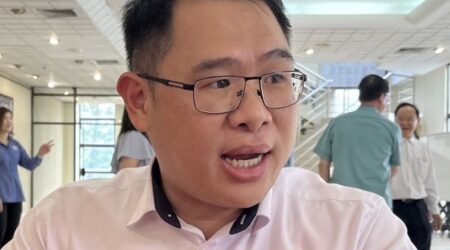
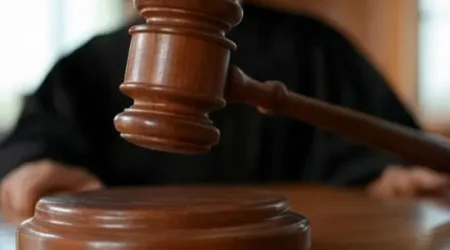



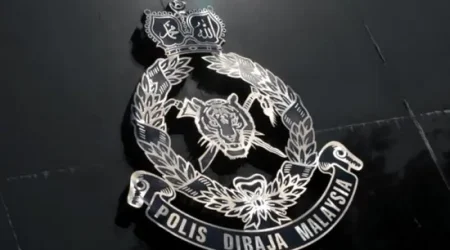

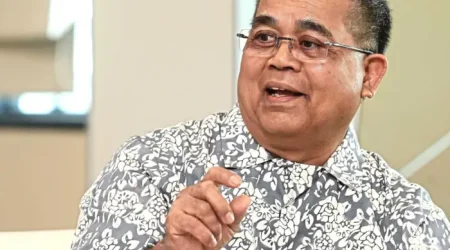
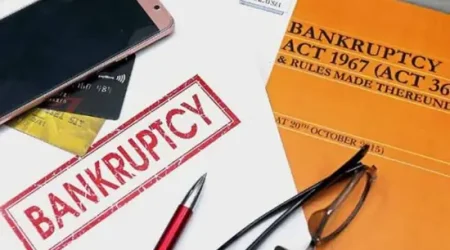

Leave a Reply